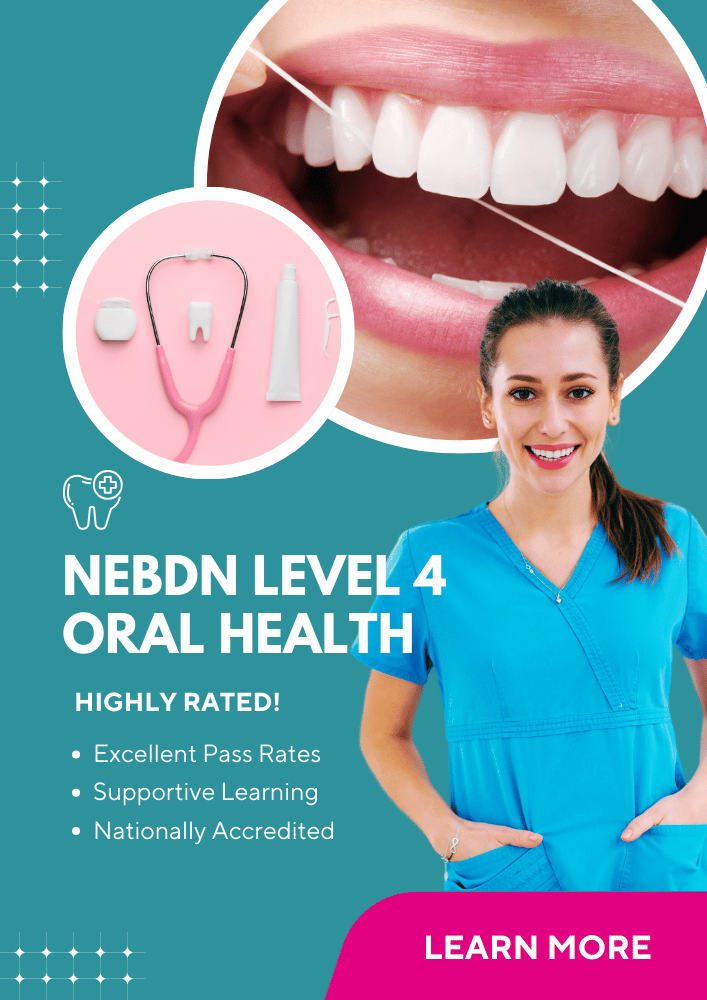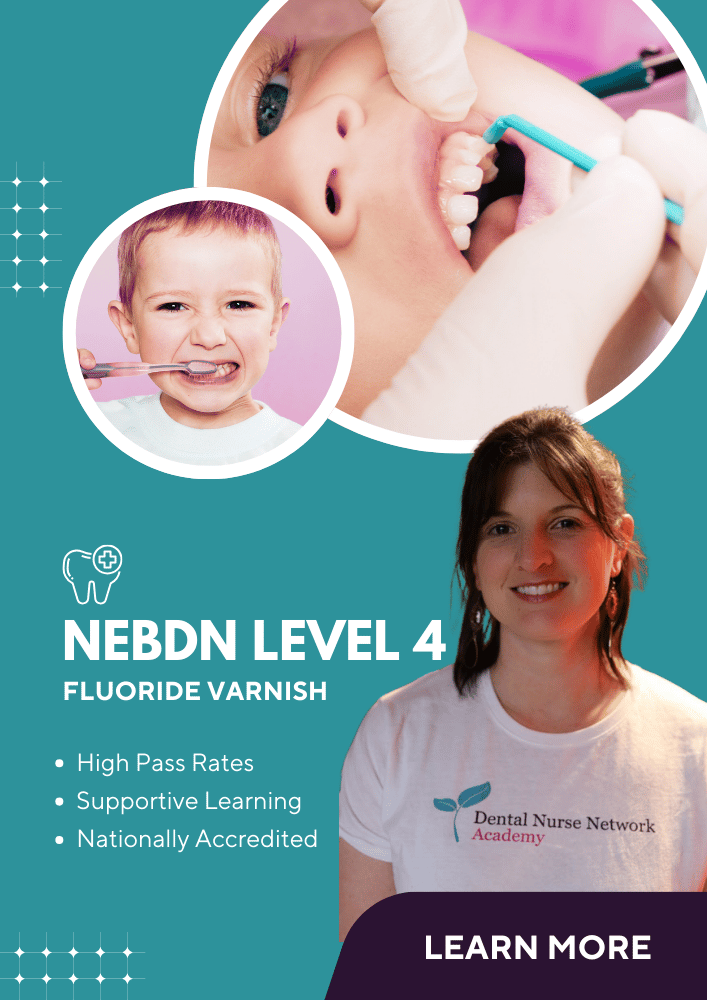 As it's Oral Health Month, we want to stress the critical role of dental nurse oral health educators in both practice settings and as ambassadors spreading oral health messages among peers, friends, families, and communities.
As it's Oral Health Month, we want to stress the critical role of dental nurse oral health educators in both practice settings and as ambassadors spreading oral health messages among peers, friends, families, and communities.
Don't underestimate the impact you can have
I come from a very big family and would naturally teach all the young children in our extended family about oral health. Years later, they reminded me of this and showed me how good their teeth were, highlighting the impact of those early lessons. Making oral health education fun and engaging for children can have lasting benefits.
The role of oral health educators
Work settings: Oral health educators work within dental practices to provide patients with essential information on maintaining good oral hygiene. They educate patients on correct cleaning techniques, the importance of regular dental check-ups, and the impact of diet and lifestyle on oral health. By doing so, they help prevent dental diseases and promote overall well-being.
Community oral health ambassadors: Beyond the dental practice, oral health educators serve as community ambassadors. They take their knowledge and expertise to schools, nurseries, community centres, and public events, spreading vital oral health messages. This outreach helps raise awareness about the importance of oral health and encourages healthy habits from an early age.
Oral health content creation: Oral health educators can create and distribute informative posters, leaflets, and articles online or in local magazines or newspapers, enhancing public awareness of oral health. These materials provide valuable information and reminders about the importance of maintaining good oral hygiene practices, helping to reinforce positive behaviours in the community.
The impact of direct access
Understanding direct access: According to the General Dental Council (GDC) (2017), 'direct access' means giving patients the option to see a dental care professional (DCP) without having to see a dentist first and without a prescription from a dentist.
Empowering dental nurses: Direct access allows dental nurses to participate in preventative programmes without the patient needing to see a dentist first. This autonomy enables dental nurses to engage directly with patients, providing crucial preventative education. However, they must work within their scope of practice and only carry out treatments for which they are trained and competent (GDC, 2017).
Training and development
Enhancing skills: Oral health educator courses equip registered dental nurses with advanced knowledge and practical skills. These courses build on the knowledge gained from dental nurse qualifications, deepening their understanding of dental diseases, preventative measures, effective communication, and teaching strategies. Training in behaviour change is also included to help educators promote lasting healthy habits in their patients.
Benefits for patients
The oral health educator role is an important one that can have huge impacts on patients' oral health and well-being. We now know there are strong links between oral health and overall general health, and by educating patients early and supporting them with positive behavioural changes, we are helping to prevent them from experiencing oral and financial decay in the future. Don’t underestimate the power of your passion for oral health and your voice to make a difference.
By leveraging direct access, oral health educators can significantly enhance public oral health, making dental care more accessible and empowering patients to maintain better oral hygiene practices. This Oral Health Month, let's celebrate the invaluable contributions of oral health educators and their ongoing efforts to improve public health.
More information
Free CPD Courses
References



